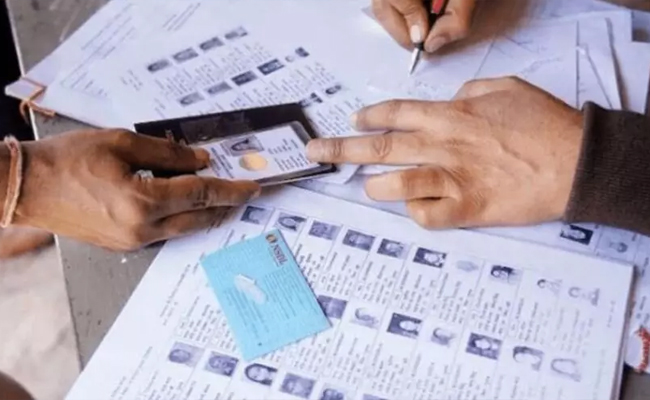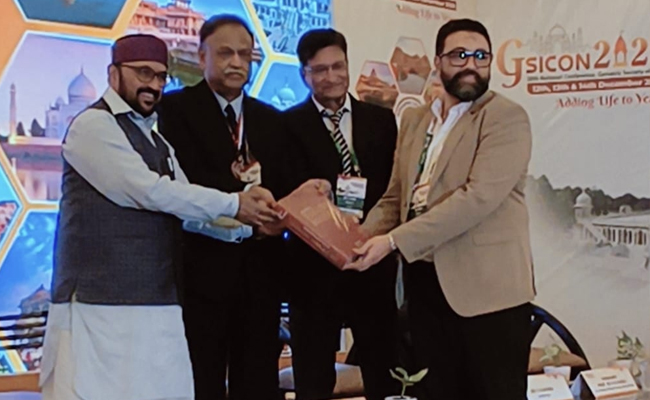Bengaluru: Famous regional poet, thinker, vice president of the Sharana Sahitya Parishad, Jaraganahalli Shivshanker (72), passed away on Wednesday morning. He had contracted COVID a few days ago and was receiving treatment in hospital, it is learned. However, the treatment proved to be ineffective, as he passed away from the disease.
Shivshanker who was born on September 8th of 1949 in Jaraganahalli, had obtained a degree in commerce. Literature was his loved field. Due to this very reason, he had opted for voluntary retirement from his work as a bank employee and busied himself in literary activities. While serving as the Honorary Secretary of the Kannada Sahitya Parishad, he has written and published more than 1000 micro poems.
His anthologies of poems like ‘Male’, ‘Aalikallu’, and ‘Devara Neralu’ are the fruits of his literary labour. The anthology of his micro poems, ‘Shubhangi Jhari’, has been translated to Urdu, English, Hindi, Tamil, Telugu, and Gujarati languages.
He has received various awards and accolades for his literary work including Karnataka Rajyotsava Award, Dinakara Desai Literary Award, and Suvarna Karnataka Bhushan Award among many others.
Let the Truth be known. If you read VB and like VB, please be a VB Supporter and Help us deliver the Truth to one and all.
New Delhi (PTI): Congress leader P Chidambaram has slammed the "increasing practice" of the government using Hindi words in the titles of the bills and said the change is an "affront" to the non-Hindi-speaking people.
Chidambaram said the non-Hindi-speaking people cannot identify a Bill/Act with titles that are in Hindi words written in English letters, and they cannot pronounce them.
ALSO READ: EC publishes list of voters deleted from draft electoral rolls in Bengal under SIR 2026
"I am opposed to the increasing practice of the government using Hindi words written in English letters in the title of the Bills to be introduced in Parliament," the former Union minister said late Monday night.
Hitherto, the practice was to write the title of the Bill in English words in the English version and in Hindi words in the Hindi version of the Bill, Chidambaram said.
"When no one pointed out any difficulty in the 75 year practice, why should government make a change?" he said.
"This change is an affront to non-Hindi speaking people and to States that have an official language other than Hindi," the Congress leader said.
Successive governments have reiterated the promise that English will remain an Associate Official Language, Chidambaram said.
"I fear that promise is in danger of being broken," the Congress MP said.





